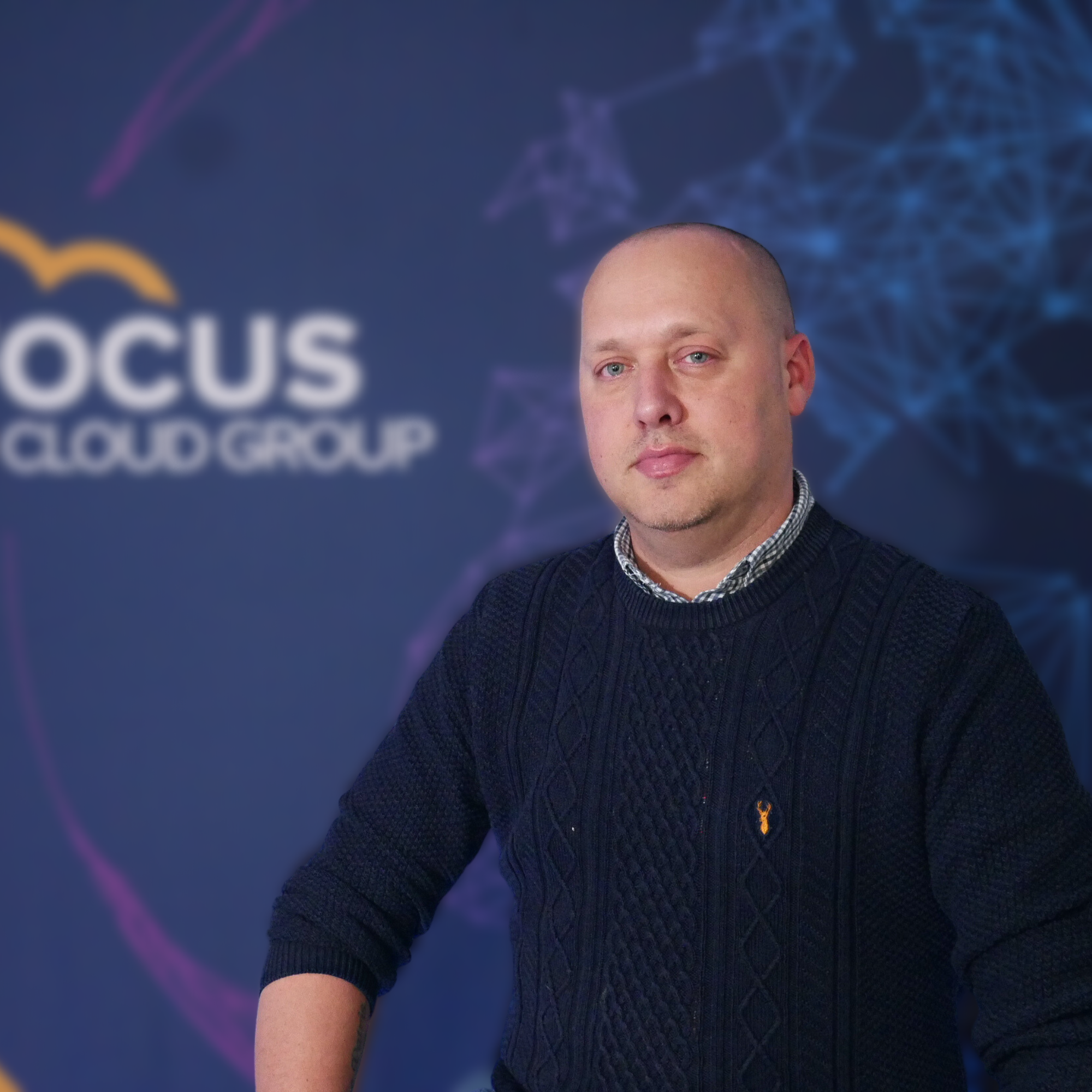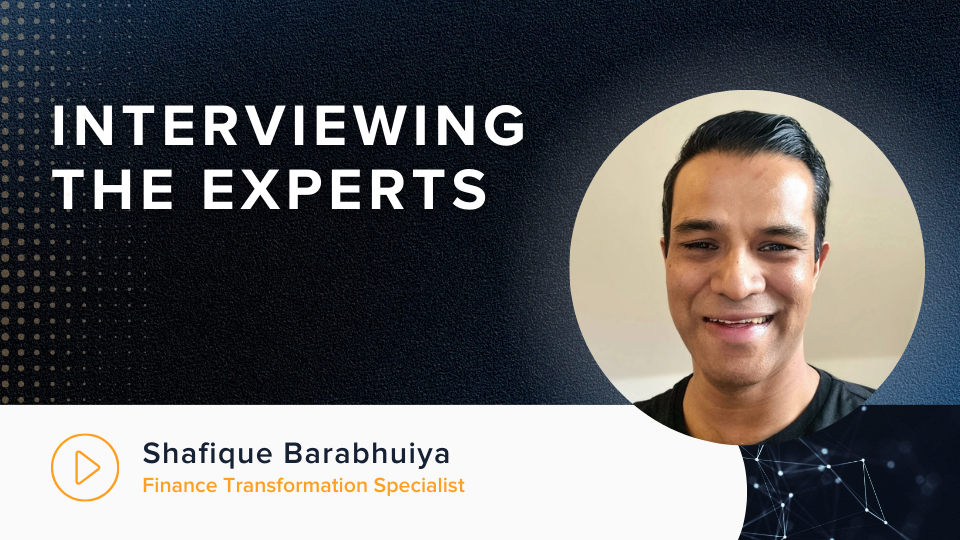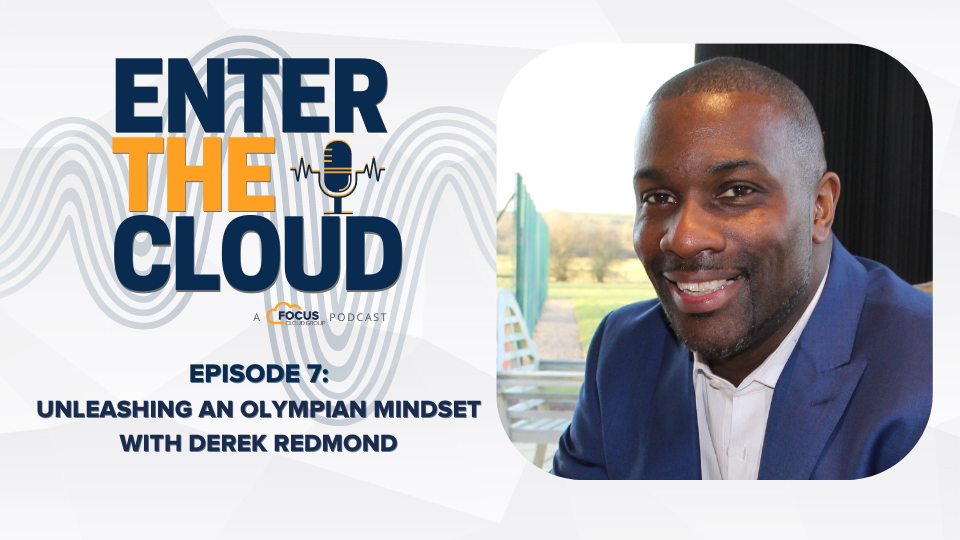
It’s no secret that the Workday® ecosystem is relatively small and synergetic. If you search for ‘Workday’ on LinkedIn within the UK, you’ll only get 3,600 results under ‘People’. Loyalty, therefore, is an important value for Workday® professionals; if you make a habit of jumping ship frequently, your peers and prospective employers tend to know about it. As a Workday® professional, is this keeping you in a role where your value and potential is not recognised, whether by your employer or, indeed, yourself?
An advantage of being part of such a small ecosystem is that your skills will always be in demand. Workday® continues to grow in the ERP market, and with the rise of cloud-based ERP services, and Workday® specifically, the demand for professionals with the required certifications will only increase as well.
In general, candidate demand remains high, with a new record of 1,318,000 job vacancies in the UK (ONS March 2022). Ultimately, there are a lot of jobs, and not many candidates on the market to fill them.
Have you asked yourself whether you’re getting the salary/day rate you deserve? Are you aware of the opportunities that are out there for you? Could you get a better deal/job role/benefits package/work/life balance somewhere else?
In short, do you know your worth?
Let’s take a look at two of your previous/current/future colleagues:

Bert
- Bert is a Workday® HRIS Consultant
- He has 3 years’ experience in a Workday® role, in which he's worked for the same company
- Bert works with a single module
- Bert is on 50k a year, including bonuses
- Bert worked from home during the pandemic, but now COVID restrictions are lifting, the company would like Bert to return to the office 5 days per week
- Bert receives a non-competitive pension, 23 days annual leave (excluding bank holidays) per year, and statutory sick pay
- Bert enjoys the job, works hard and likes the company
- There are no opportunities to become more senior, but Bert doesn’t mind as the current role suits him
- Bert isn’t given any support to complete further certifications or training
- Bert is on LinkedIn, but doesn’t check it very often
- Bert doesn’t engage with any other Workday® professionals outside of work, nor recruiters - networking just isn’t necessary, as the job he's in now is great and he doesn't need to talk about what else is happening outside of this, right?
Patsy
- Patsy is a Workday® HRIS Consultant
- She has 3 years’ experience, 2 years at her previous company and 1 at her current company
- Patsy works with multiple modules
- Patsy is on 65k a year, excluding bonuses
- Since the pandemic, Patsy’s company has offered all staff flexible working that is appropriate for their job role. Patsy now chooses to work 4 days at home and 1 in the office
- Patsy receives a competitive pension, 28 days annual leave (excluding bank holidays), a paid day off on her birthday, life and health insurance for herself and her family, free eye tests, subsidised gym membership, a busy social calendar (including activity days and regular drinks and dinners), and a flexi-day every two weeks
- Patsy enjoys the job, works hard and likes the company
- There is a clear pathway for Patsy to progress within the company and move into a senior and/or managerial position
- Patsy is actively encouraged and supported to gain further certifications
- Patsy keeps an ear to the ground by being active on LinkedIn, keeping in touch with a specialist recruiter, and following blogs and news from the Workday® community - that’s how she found her current role and negotiated her current package, which was a step forward from where she was before.
This might be the rudimentary version of two stories, but most Workday® professionals will find there are elements that ring true to them, whether positive or negative.
Should Bert hand in his notice and start looking for a role like Patsy’s immediately? Absolutely not, the grass isn’t always greener. However, has Bert stayed in this role with this company for 3 years because he is truly happy, or is it because he didn’t know that jobs and opportunities like Patsy’s existed?
The message is this: knowledge is power. It’s easy to burrow down, put the blinkers up, and leave the networking to the socialites. But you don’t have to be a social butterfly to join a LinkedIn group or answer a message from a Specialist Recruitment Consultant who just wants to have a discussion; go ahead and gain some insight into what’s going on in the market you are such an intrinsic part of. The grass might not be greener on the other side, but at least have a peek over the fence.
This may not mean you decide to seek out a new role – but what it may do is empower you to approach your employer and let them know what is happening out there. Give them an impetus to actively invest in your future with the company and give you additional growth pathways within your current role.
Patsy? Is that you? Remember Bert from the last place you worked? Invite them to a LinkedIn event. Pass on the name and number of your recruiter. Open up a discourse and facilitate your peers to make informed decisions.
Bert? Get in touch, it’s time to talk.
(All numbers correct at time of publishing)



